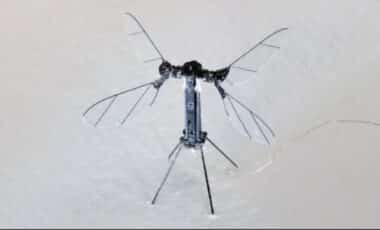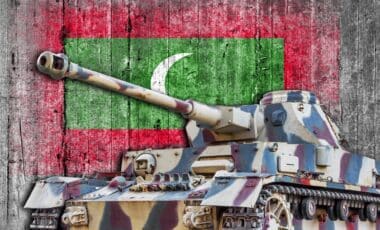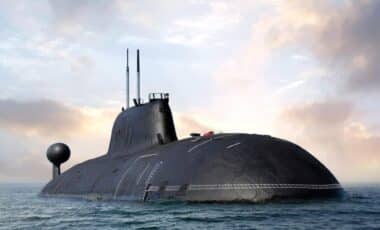stints in the White House administrations of George H. W. Bush, George W. Bush, Bill Clinton,and Donald Trump.From the beginning, R.D., plucky and courageously persistent, established a reputation forbravery and strategic vision, leader, a fair-minded man of vast experience. For us readers, hiswritings offer a first-person, hands-on, appreciation of the typical American soldier and hisclose-combat endeavors around the world through five major conflicts, especially their heroicinterventions but resulting in certain tragic dimensions. Significant for readers is that R. D.details each of his campaigns with the planning and policy perspectives gathered during hisWhite House and Pentagon work.In his Foreword, R. D. warns, “This book is a memoir, not a history . . . In my long militarycareer, I found myself at the center of many great events occasioned by the breakup of theSoviet Union and the 9/11 attack. My life has been shaped and defined by war – – as a child, as acareer soldier, and, even into retirement, through my sons, both paratroop officers andcombat-experienced . . . But while at the top, or in the trenches, our wars taught me muchabout tough, roughened American combat soldiers. Often profane, independent, stubborn, andaggressive, they also were warm-hearted, intelligent, selfless, and always, always brave. Whatfollows, then, is my story, as well as theirs.”Equally compelling (and endearing) as a sincere memoir of service, not only about combatexperiences, but also maintaining morale and spirit so critically intrinsic to life and deathstruggles, is Winston Tierney’s “No Legacy Here – – Memoir of a Marine Officer in Iraq”.On the very first page of his remarkable reminiscences, Winston writes, “Why did I write thisstory? Tell ya the truth, it’s because I got pissed off, while lacking the ability to keep my mouthshut about it. If you know me, that won’t come as any surprise because you’d know I’m nothingbut a knuckle-dragging, bottom-feeding, mouth-breather. But do sit back and hear me out, thenask yourself deeply and honestly if you’re convinced, I’m really wrong”.Thus begins a subjugating account of what happened to him as a career USMC officer whostalled somewhere along the line while believing in the doctrine of the Corps and the officialU.S. pretexts for war. In 2006, Winston deployed to Iraq’s Anbar Province with the FourthReconnaissance Battalion, excited and proud to serve his country in the fight againstinternational terrorism. After several trips to Iraq over the following nine years, he felt depletedfrom his increasing hatred mendacity, alcohol abuse, and PTSD, believing he had “seen behindthe curtain” – – and didn’t like what he saw.Today, Winston Tierney (God bless the brave man!), who served almost 28 years in the Corps, isa retired Marine Corps infantry officer who has succeeded in providing us with a hard-hitting,often brutal memoir depicting the anguishing realities of the conflict in Iraq at the street andgutter levels. All military enthusiasts are now presented a rare “clear-eyed view of theimmorality of war and America’s catastrophic failures in the Middle East”. We should be
grateful for the trooper’s controversial views.
“No Legacy Here” (what a title!) is destined for a prominent shelf position in the entrancestacks of the Great Library of the Controversial. Best prepare yourself, buff, for dispute, debate,a certain amount of quarrel, strife, and outright stubborn disagreement and disapproval. Ofcourse, some will argue Tierney ‘s effort is no more than a “bitter, mean book written by amean, bitter man.” Read “No Legacy Here – – Memoir of a Marine Officer in Iraq” after “TheGood Captain” to ponder for yourself whether R. D. Hooker, Jr. and Winston Tierney are
antithetical, or indeed blood-brother combatants, after all.








